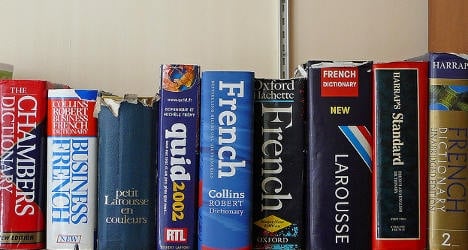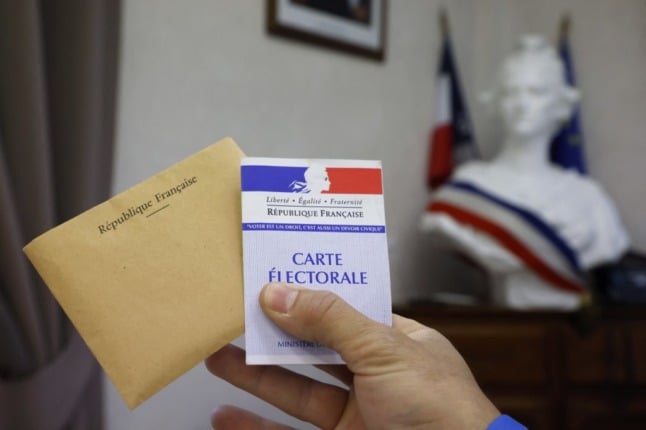The French resistance to English is back in the news in France again after the country’s linguistic chiefs published a list of English terms that they want eliminated from everyday usage in France.
The list, published on Friday, is just the latest retaliatory strike by France's language police in what some have described as an admirable but ultimately futile battle against the invasion of the language of Molière by English words and phrases.
Nevertheless, the French now have a new batch of forbidden phrases to join the likes of “binge drinking” and “cloud computer", which they outlawed earlier this year.
The General Commission on Terminology and Word Invention, which is tasked with promoting the French language, has also helpfully supplied the Gallic versions to be used in their place.
So instead of “le sexting” – sending sexually explicit text messages – the commission at the Ministry of Culture wants the French to use the longer but perhaps clearer French version – “textopornographie”. And instead of a "sex text", shortened in English to a "sext", – basically an explicit text or multi-media message, the commission wants the French to use "sexto" or even “textopornographique” instead.
GALLERY: English terms the language police want barred from French
It wasn't just the sending if naughty texts and picture messages the commission wanted de-Anglicised.
When the French want to describe the act of filming a random violent attack on a stranger, the French must now use “vidéoagression”, and not “le happy slapping.”
For the practice used by paedophiles to identify potential abuse victims, the French are expected to use “pédopiégeage”, instead of “le grooming,” and for forensic photography, the proper French term is now “photographie de scène de crime.”
Instead of "agreement prénuptial," the right phrase is "accord prénuptial."
For the commission's full list of henceforth-forbidden English phrases, and their French replacements, click here.
It is not just the Commission who are trying to stem the tide of Anglicisms in French. Union leaders at the supermarket Carrefour have also launched a petition entitled: "No to the Anglicisation of Carrefour in France or Europe" aimed at ridding supermarket aisles of English words.
"We want to remind people that the language of business is the language of the client and in France the client speaks French," arguethe CGT union.
The CGT wants the names of the various Carrefour stores to be changed. Carrefour Drive should be "Carrefour au Volant", Carrefour City and will be changed to "Carrefour Coeur de Ville" (heart of the town) if the union gets its way.
To hear what the language police themselves have to say about the need to protect French, you can read The Local's interview with one of their officers, by clicking here.





 Please whitelist us to continue reading.
Please whitelist us to continue reading.
Member comments